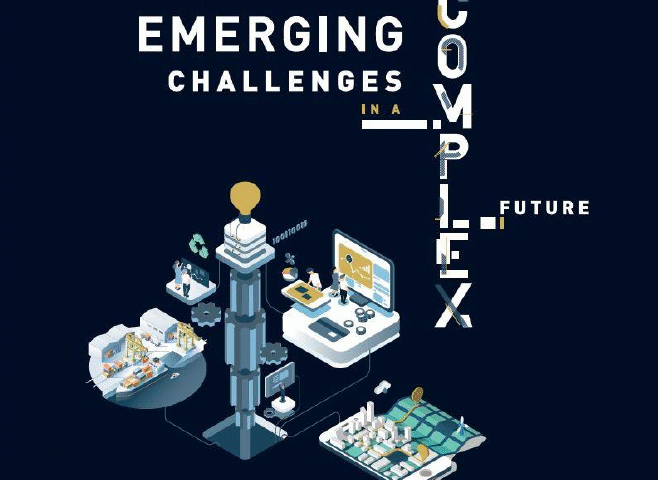Maritime Supply Chain is one of the key sectors for digital transformation. With its high degree of networking and its large number of interfaces, maritime supply chain offers a broad range of applications for digital technologies. Stakeholders across the supply chain see huge potential to improve maritime and port service level and efficiency by having more collaboration and integration.
This was a subject of a round table organized during the 28th year KEDGE Business School Global Supply Chain Management ISLI Forum (March 30, 2018), an event that gathered more than 300 supply chain leaders.
Following the Round table, and thanks to the active participation of Dominique Lebreton (Executive board of MGI), Romain Cordon (Founder of Shiptify) and Luc Castera (Founder & CEO of Octopi) PortEconomics member Pierre Cariou supervised a White Paper that has just been released, written by ISLI students (Kenza Karzazi, Jing Da, Pranov R Krishman and Do Tri Hiep) on Toward Digitalization of Maritime Supply Chains.












